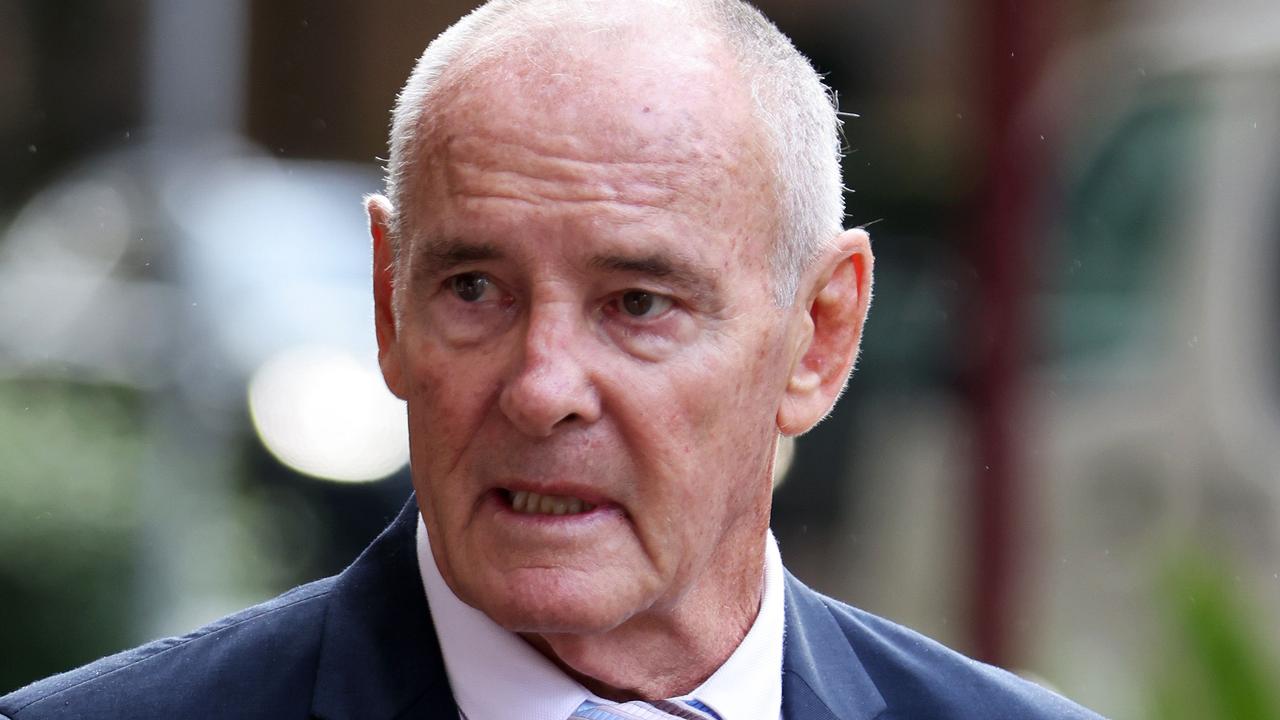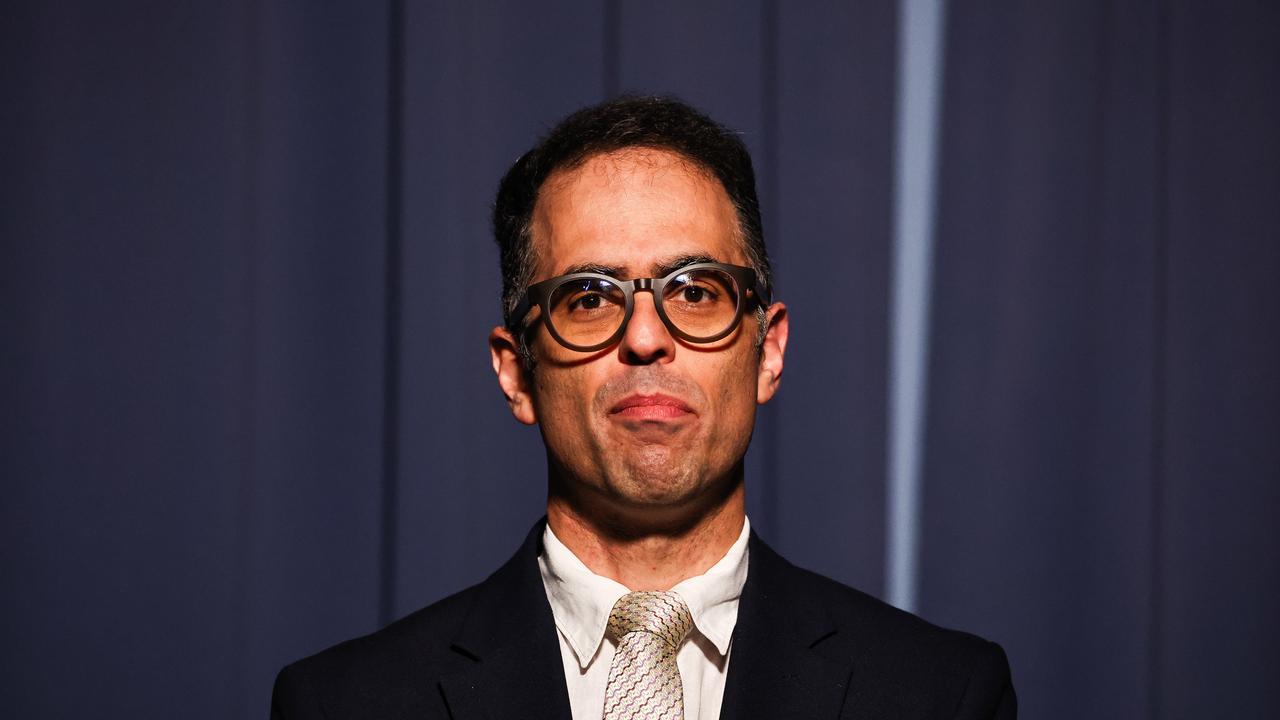Afghan elder ‘saw big soldier kick martyred villager’ despite bad vision, Ben Roberts-Smith trial told
An elderly man with bad vision told Ben Roberts-Smith’s defamation trial he saw something crucial in the case despite being 300m away.
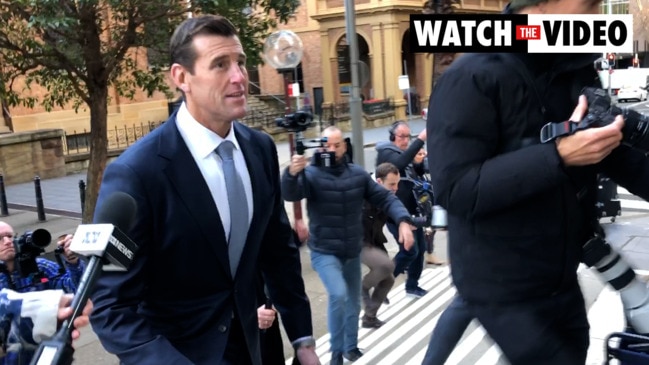
An Afghan villager claims he saw a “big soldier” kick his brother-in-law off a cliff before the simple farmer was “martyred” in an SAS raid.
That’s despite being hundreds of metres away and suffering from poor eyesight, villager Shahzada Aka told the defamation trial of Ben Roberts-Smith.
Mr Aka, on Friday, became the third Afghan witness to tell a court the SAS was involved in a brutal killing in their village of Darwan nine years ago.
Mr Aka, 70, said he watched a tall soldier kick his wife’s brother, Ali Jan, down an incline into a dry creek bed during the 2012 raid.
He told the court the soldier, who Nine newspapers claims is Ben Roberts-Smith, made the detained Mr Jan stand up and face him.
“From here he hit him,” Mr Aka told the Federal Court on Friday, pointing to pictures of Darwan.
“(The soldier) came down to the river, but because of this berry tree I could not see him anymore.”
“He disappeared from me.”
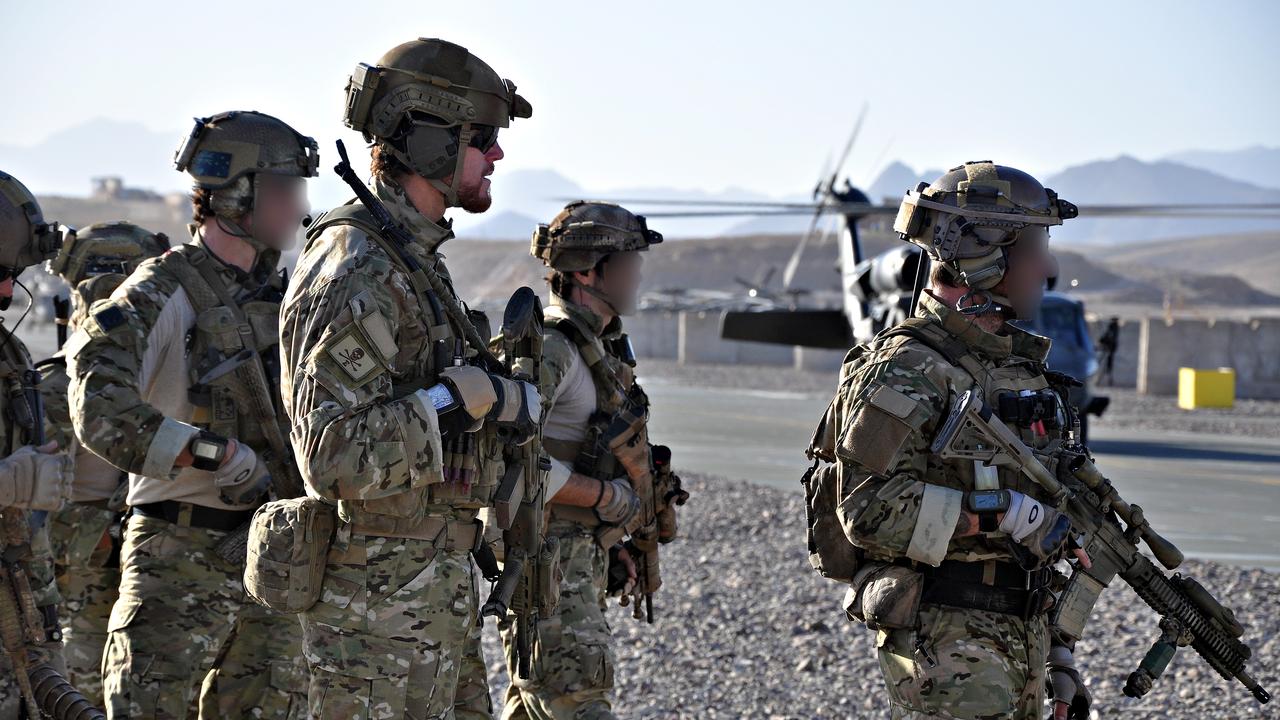
Mr Aka, under cross examination from Mr Roberts-Smith’s barrister Bruce McClintock SC, said his eyesight was quite poor and he was up to 250-300m from where Mr Jan was allegedly attacked.
He told the court that nine years ago his eyes were similarly lacking.
But, Mr Aka insisted, everything he told the court about Mr Jan’s death was true.
Nine alleges an Afghan National Army soldier shot the injured Mr Jan dead on the orders of the SAS moments after Mr Roberts-Smith kicked the farmer off the cliff.
Mr Aka said he heard gunshots but did not see who was shooting through the trees near the river.
The elderly man, his adult son and neighbour separately told the court they found Mr Jan’s body beneath a berry tree, in a cornfield, on the bank of the empty river.
Mr Jan‘s face was covered in dirt, Mr Aka told the court, and bullets had ripped through his jaw, skull, chest and hand.
He had been “martyred”, Mr Aka said.
Mr Aka‘s testimony about the SAS raid on Darwan was similar to that of his son, Mohammed Hanifa, and his neighbour, Man Gul.
The three men have all told the court they witnessed a “big soldier”, troops with painted faces and aircraft shooting at Mr Hanifa and Mr Jan at the start of the raid.
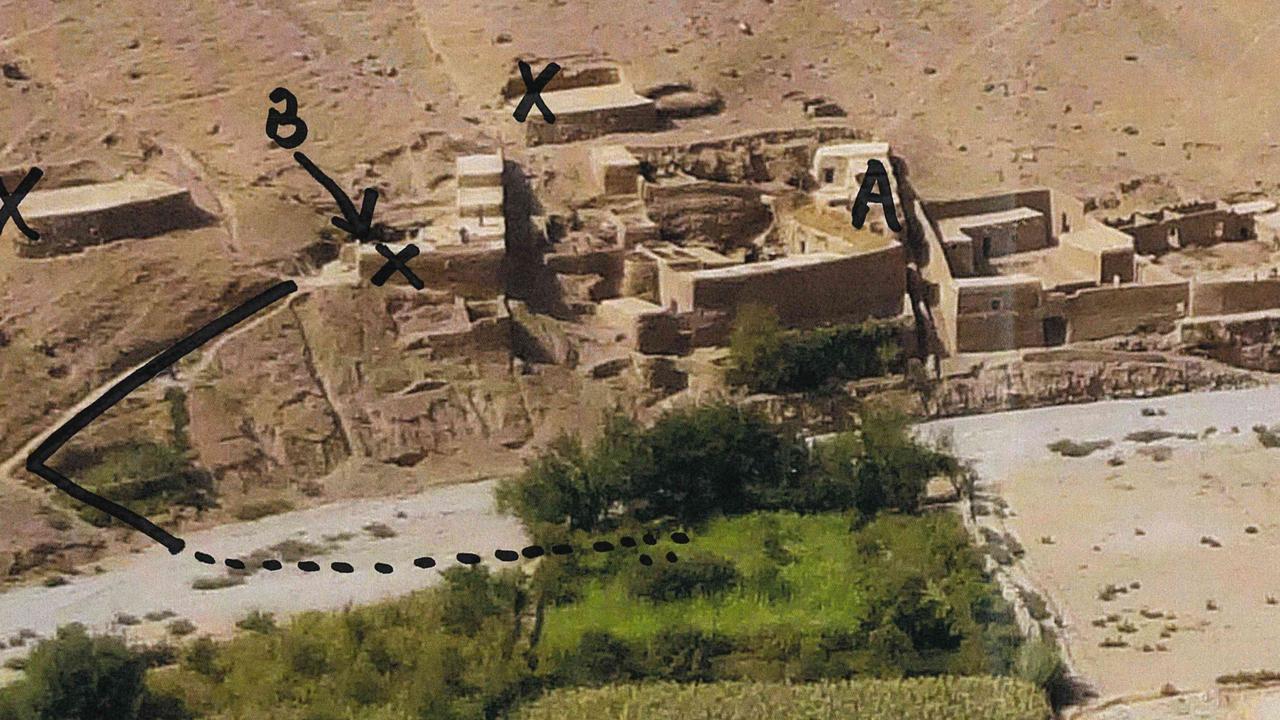
Mr Aka told the court that the soldier spoke to them in their native Pashto - but Mr Roberts-Smith told the court weeks ago he does not know how to speak the Afghan language.
The former SAS soldier did tell the court, however, that he knew basic words.
The court has previously heard “the big soldier” spoke to the villagers via an interpreter.
Darwan’s locals, this week, told the court Mr Jan was a farmer and he was not a member of the Taliban.
“He didn‘t have a wireless device, he didn’t have a wireless device, the soldiers put it on his body,” Mr Aka told the court while inspecting photos of the body in the field.
Justice Anthony Besanko said he would not “receive” Mr Aka‘s evidence that the soldiers planted the radio on the body in the cornfield.
The ICOM radio photographed on the body has become a major element in the alleged murder of the Darwan shepherd.
Nine claims the SAS planted the device on the body in order to justify killing an innocent man.
Mr Roberts-Smith says he never used fake evidence “throwdowns” and had not heard of the SAS ever performing such a thing.
The former elite soldier claims the man killed in the cornfield - if he is in fact Ali Jan - was a Taliban spotter shot dead by another SAS soldier.
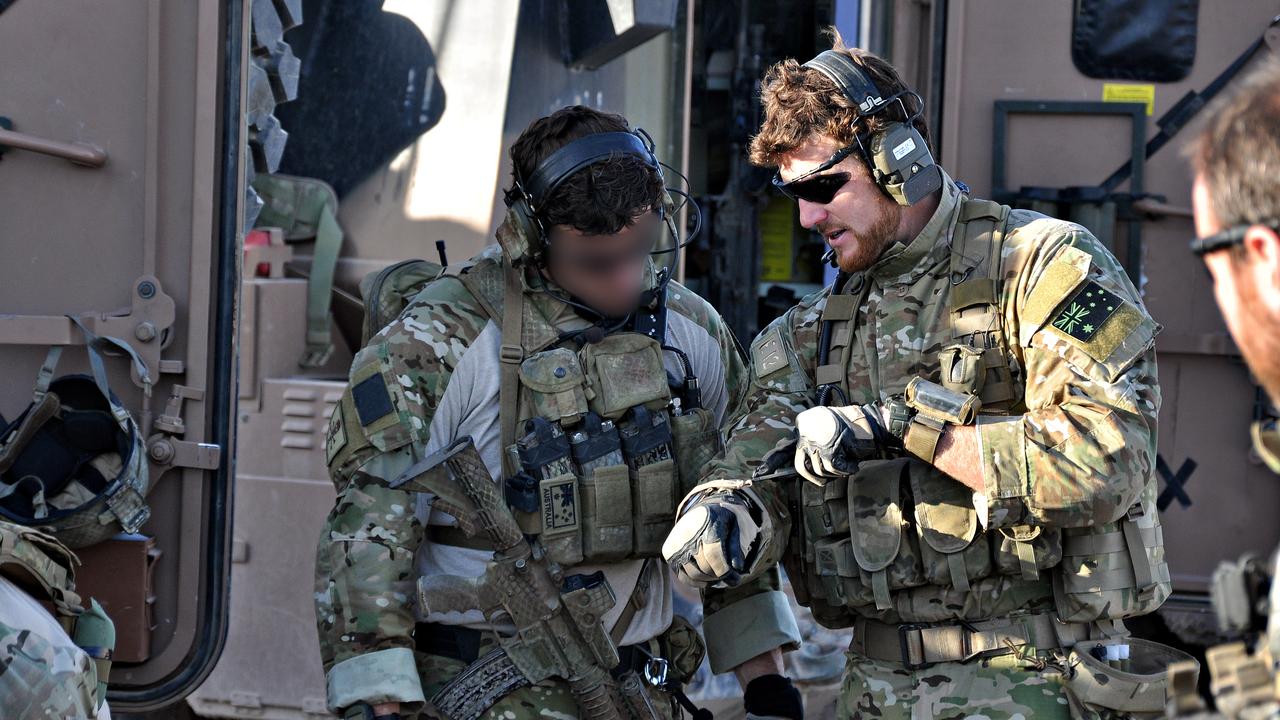
Mr Roberts-Smith told the court he helped his SAS comrade bring the man down in a hail of bullets as they moved toward a helicopter extraction point at the end of the mission.
He told the court the man was behaving like an insurgent scout and the radio found on his body appeared to confirm that suspicion.
Under cross examination by Mr Roberts-Smith’s barrister the Afghans have denied they’d discussed their evidence with others.
Their families, dozens of people in total, have had their accommodation, food and transport paid for by Nine’s agent for months in Kabul, the court has heard.
Mr Aka said he “couldn’t afford it” otherwise but denied he felt any “obligation” to Nine’s agent in Kabul despite financially relying on him for a year.
“(Nine‘s agent) is providing us with food, that’s all I feel toward him,” Mr Aka said.
The families had to travel to the capital to give evidence from their remote village and all denied they are seeking compensation for their testimony.
Mr Roberts-Smith’s barrister, Bruce McClintock SC, suggested each of the villagers were lying that photographs of the body in the cornfield were of Ali Jan.
Each disagreed, insisting they knew Ali Jan and he was the corpse in the cornfield.
Mr Roberts-Smith is suing Nine’s newspaper saying he was defamed by false allegations he killed or was involved in the execution of six unarmed Afghans including Mr Jan. Mr Roberts-Smith denies those allegations.
The coronavirus outbreak in Sydney appears to have delayed the high profile trial until November 1.


